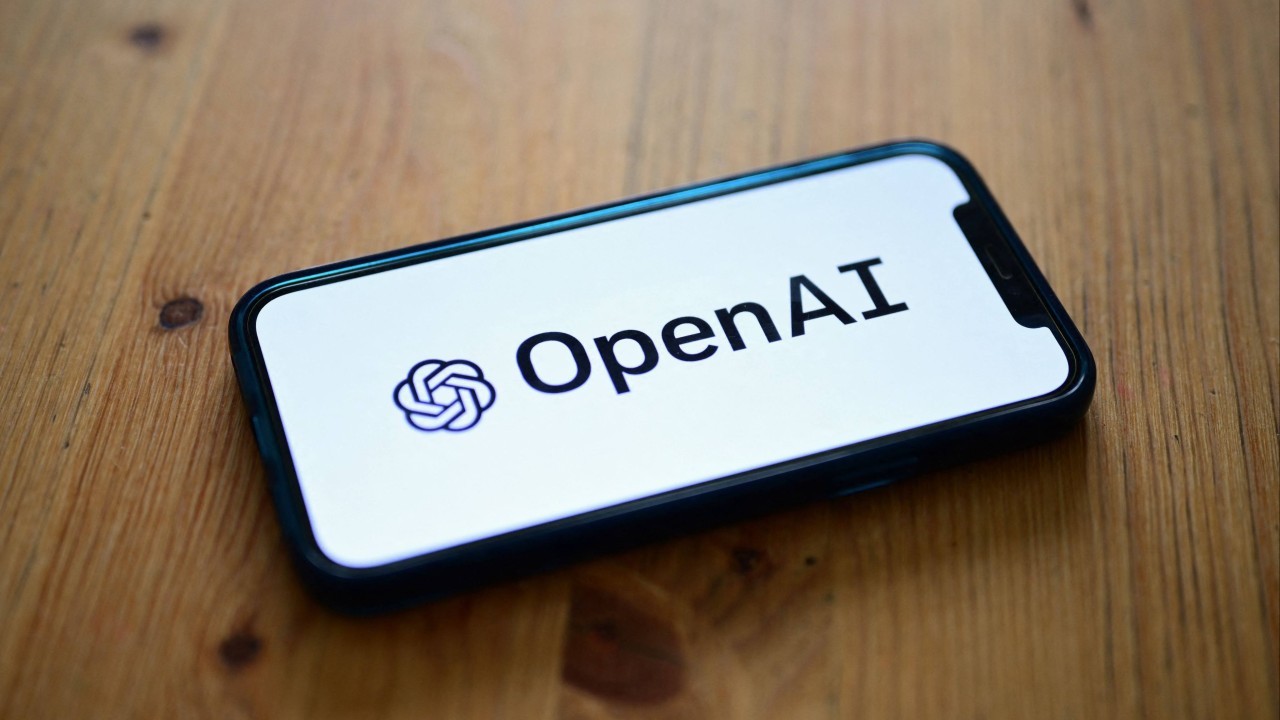
The company has not yet decided to move ahead, according to recent internal discussions described to Reuters. However, since at least last year it discussed various options to solve the shortage of expensive AI chips that OpenAI relies on, according to people familiar with the matter.
These options have included building its own AI chip, working more closely with other chip makers including Nvidia and also diversifying its suppliers beyond Nvidia.
OpenAI declined to comment. CEO Sam Altman has made the acquisition of more AI chips a top priority for the company. He has publicly complained about the scarcity of graphics processing units, a market dominated by Nvidia, which controls more than 80 per cent of the global market for the chips best suited to run AI applications. The effort to get more chips is tied to two major concerns Altman has identified: a shortage of the advanced processors that power OpenAI’s software and the “eye-watering” costs associated with running the hardware necessary to power its efforts and products.
Founding investor SDIC Venture Capital sells nearly all its stake in Cambricon
Founding investor SDIC Venture Capital sells nearly all its stake in Cambricon
Since 2020, OpenAI has developed its generative artificial intelligence technologies on a massive supercomputer constructed by Microsoft, one of its largest backers, that uses 10,000 of Nvidia’s graphics processing units (GPUs).
Running ChatGPT is very expensive for the company. Each query costs roughly 4 US cents, according to an analysis from Bernstein analyst Stacy Rasgon. If ChatGPT queries grow to a tenth the scale of Google search, it would require roughly US$48.1 billion worth of GPUs initially and about US$16 billion worth of chips a year to keep operational.
Custom chips era
It is not clear whether OpenAI will move ahead with a plan to build a custom chip. Doing so would be a major strategic initiative and a heavy investment that could amount to hundreds of millions of dollars a year in costs, according to industry veterans. Even if OpenAI committed resources to the task it would not guarantee success. An acquisition of a chip company could speed the process of building OpenAI’s own chip – as it did for Amazon.com and its acquisition of Annapurna Labs in 2015.
OpenAI had considered the path to the point where it performed due diligence on a potential acquisition target, according to one of the people familiar with its plans.
The identity of the company OpenAI examined purchasing could not be learned.
OpenAI’s main backer, Microsoft, is also developing a custom AI chip that OpenAI is testing, The Information has reported. The plans could signal further distancing between the two companies.
Demand for specialised AI chips has soared since the launch of ChatGPT last year. Specific chips, or AI accelerators, are necessary to train and run the latest generative AI technology. Nvidia is one of the few chip makers that produces useful AI chips and dominates the market.

